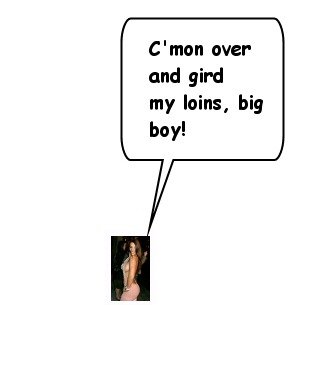free4now
Thinks s/he gets paid by the post
- Joined
- Dec 28, 2005
- Messages
- 1,228
If you haven't saved up an emergency fund, or if you have some need for that money in the near future, you may be better off putting it in fixed income. I remember losing a few hundred bucks on my first employee stock purchase when I was 22. It was painful because I was selling the stock right away to get the employer 15% contribution and so that money was already spoken for.
Most of us commenting on this matter have big nest eggs saved up and it's easy to get blase when that is the case. But when I was just starting out at 22 and living paycheck to paycheck the stock market had a very real effect on my purchasing power that month. If your situation is similar you might be better off not being in the market.
But there is something to be said for just getting used to it. I think that only if you have watched small balances rollercoaster around will you be emotionally able to handle watching big balances whipsaw when you have saved up more.
Most of us commenting on this matter have big nest eggs saved up and it's easy to get blase when that is the case. But when I was just starting out at 22 and living paycheck to paycheck the stock market had a very real effect on my purchasing power that month. If your situation is similar you might be better off not being in the market.
But there is something to be said for just getting used to it. I think that only if you have watched small balances rollercoaster around will you be emotionally able to handle watching big balances whipsaw when you have saved up more.

